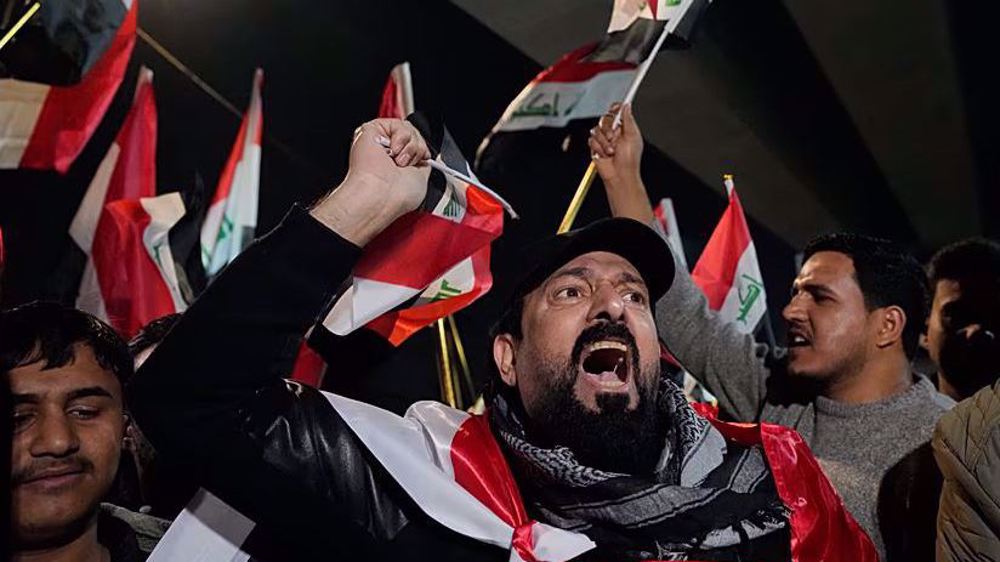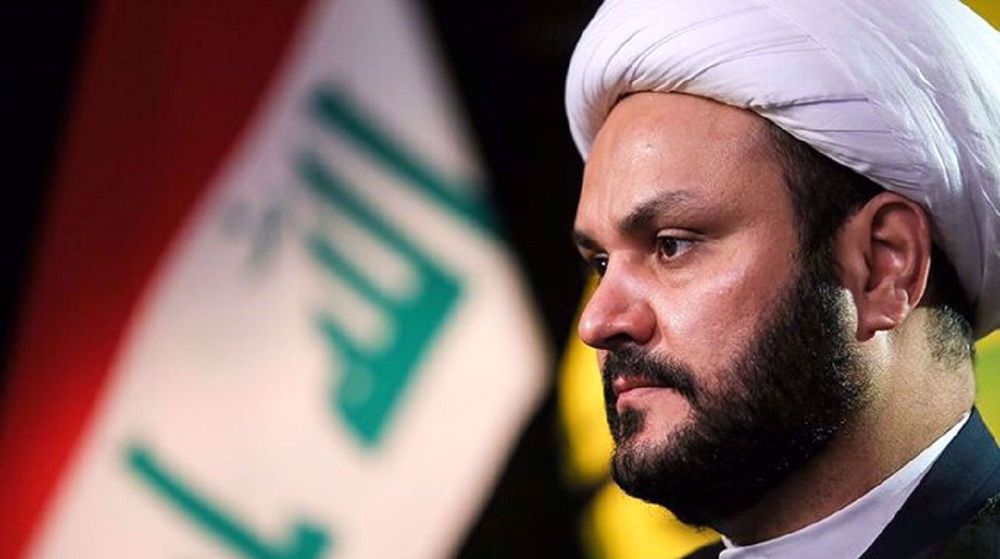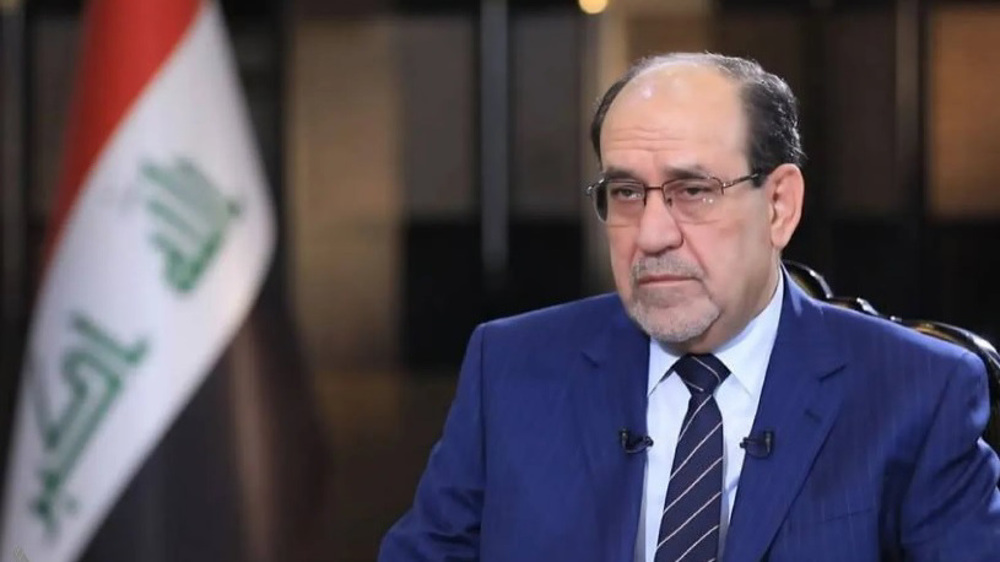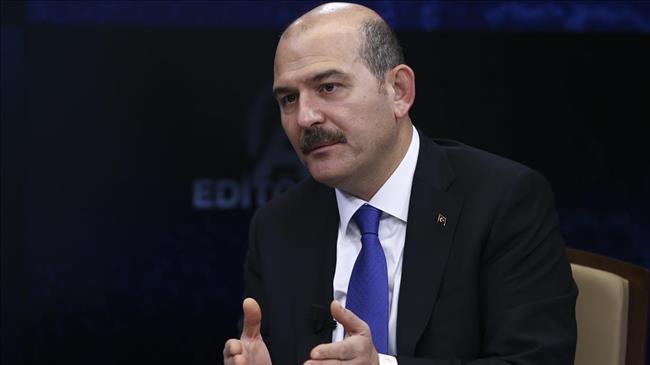Arab League censures Turkish airstrikes in northern Iraq
The Arab League has strongly condemned Turkey's repeated airstrikes against the purported positions of the Kurdistan Workers’ Party (PKK) militant group in Iraq's northern semi-autonomous Kurdistan region, stressing that “such actions are in violation of the Iraqi state’s sovereignty.”
Spokesman for the regional organization of Arab states, Mahmoud Afifi, stated on Tuesday that the Turkish aerial assaults, irrespective of the motive behind them, flout international law and the principles of good-neighborliness.
Turkey's constant disregard to the Arab stance indicated that Ankara does not care about keeping good ties with the Arab countries on the basis of respecting other states' sovereignty and rejecting interference in other states' internal affairs, Afifi pointed out.
The condemnation came on the same day that Turkish defense minister said Ankara will not allow the Kurdish-populated region of Sinjar, situated over 400 kilometers northwest of the Iraqi capital Baghdad, to become “a new stronghold for the PKK terror group.”

“We expect the Baghdad government to cooperate with us in ending the separatist PKK terror group's presence in Iraqi territories,” Hulusi Akar told the parliament.
Akar asserted that Turkey respects the territorial integrity of Syria, Iraq and its neighbors.
“However, for the security of the country and the nation, our operations will continue until the PKK terror group has been completely defeated in the locations they exist in Iraq,” he said.
Sinjar “will never be allowed to become new Qandil [Mountains], Akar said, referring to main base of the PKK militants near the border with Turkey.
On Friday, Iraq's Foreign Ministry summoned Turkish Ambassador Fatih Yildiz to protest his country’s airstrikes in northern Iraq.

The ministry said in a statement Friday that it had rebuked Ankara over two air raids on Sinjar and Makhmour mountains the previous night, calling the Turkish airstrikes a violation of Iraq's national sovereignty.
Turkey, along with the European Union and the United States, has declared the PKK a terrorist group and banned it. The militant group has been seeking an autonomous Kurdish region since 1984.
A shaky ceasefire between the PKK and the Turkish government collapsed in July 2015. Attacks on Turkish security forces have soared ever since.
Over the past few months, Turkish ground and air forces have been carrying out operations against PKK positions in the country as well as in northern Iraq and neighboring Syria.
More than 40,000 people have been killed during the three-decade conflict between Turkey and the autonomy-seeking militant group.
‘No two-hour war’: Iran vows immediate retaliation to any attack
Pezeshkian: US must end provocations if it seeks genuine diplomacy
Iran summons German ambassador over Merz’s ‘low-minded’ remarks
Iran's Armed Forces warn EU of ‘consequences’ of IRGC designation
Iran FM: EU’s blacklisting of IRGC a ‘major strategic mistake’
EU blacklists IRGC in legally flawed move irrespective of consequences
VIDEO | Press TV's news headlines
VIDEO | Afghanistan opens first specialized cancer hospital
















 This makes it easy to access the Press TV website
This makes it easy to access the Press TV website